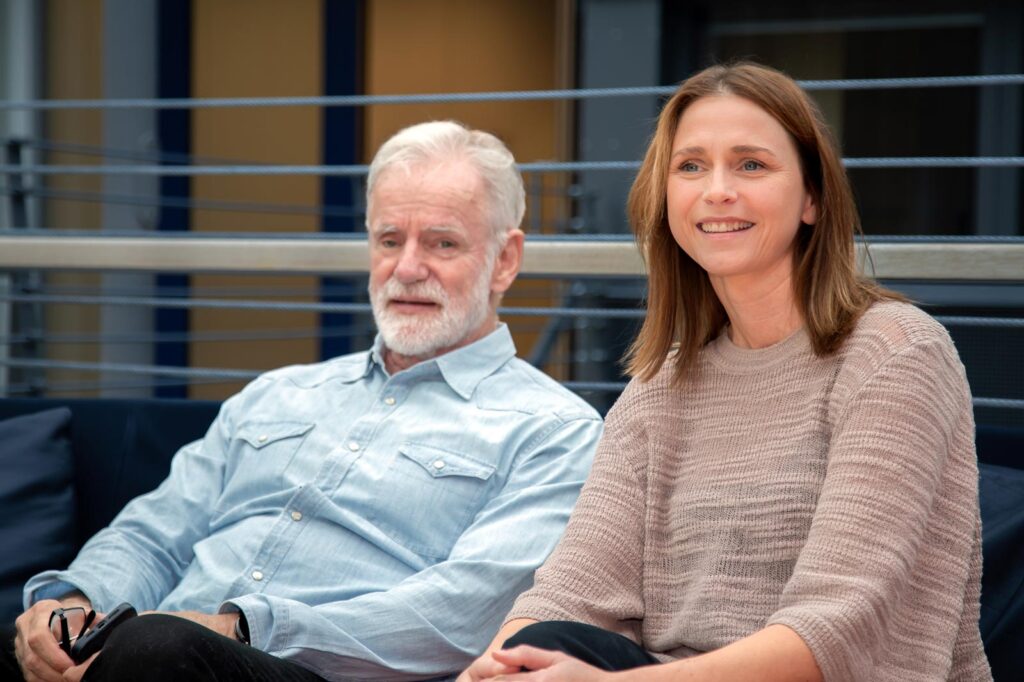
Scientists at deCODE genetics, a subsidiary of Amgen, and collaborators have published a study in Nature Communications reporting sequence variants that affect subclass levels of Immunoglobulin G (IgG) in blood.
Immunoglobulin G (IgG) is the main isotype of antibody in human blood. IgG consists of four subclasses (IgG1 to IgG4), with different biological activities and encoded by separate constant region genes within the Ig heavy chain locus (IGH).
Previous work on the genetics of IgG subclasses has focused on certain missense variants in IGHG1-4 (traditionally called allotypes) and half of the variants found to associate with IgG subclass levels in this study map to the IGH locus. However, the structural complexity and the extensive polymorphism at this locus make it challenging to work with using standard high-throughput methods and therefore the diversity of this locus has largely been ignored by genome-wide studies.
In order to understand the link between the previously described allotypes and the sequence variants found to associate with IgG levels in this study, the scientists used the phased haplotype data to define the known IgG allotypes in our dataset and compared the association of the IgG subclass levels with the allotypes to the associations observed with the sequence variants.
This revealed that some of the most significant sequence variants were highly correlated with the previously described allotypes and that the most significant associations were observed between the G1m (f), G2m(n), and G3m(b*) allotypes, and IgG1, IgG2, and IgG3, respectively. Other variants at the IGH locus, not correlated with the allotypes were also found to affect IgG subclass levels.
In addition to the associations observed at the IGH locus, the paper describes variants at the Fcγ receptor (FCGR) locus, the human leukocyte antigen (HLA) region, and two selective associations with IgG4 at 16p11.2 (ITGAX) and 17q21.1 (IKZF3, ZPBP2, GSDMB, ORMDL3).
These results provide new insight into the biological processes underlying the different IgG subclass levels that may improve the understanding of the humoral immune response and have implications for the rational design of therapeutic monoclonal antibodies (mAbs).